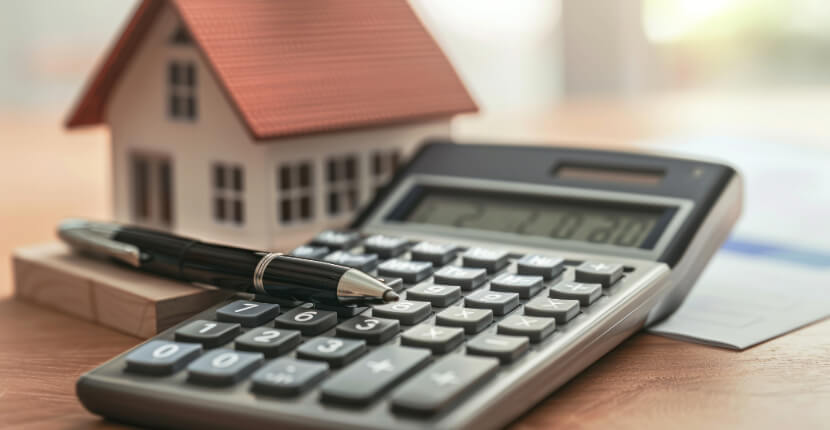Keeping Financial Records Organized with Landlord Accounting Strategies
Keeping Financial Records Organized with Landlord Accounting Strategies
Blog Article
The Benefits of Hiring a Specialized Landlord Accountant
Managing rental properties can appear frustrating for new landlords, but understanding the fundamentals of accounting helps it be easier. Knowledge landlord accountant will allow you to track income, minimize mistakes, and produce tax time much less stressful. This guide stops working the fundamentals, providing you statistics, real-life methods, and the fundamental steps you need to know.
Why Accurate Accounting Matters for Landlords
About 70% of home owners say controlling finances is their biggest challenge. Excellent recordkeeping does more than keep you arranged; it may increase profitability and ensure you follow regional housing laws. By monitoring every purchase, you'll have a clearer photograph of one's property's efficiency, creating decision-making simpler.

Checking Income and Expenses
The initial important part of landlord sales is separating personal and hire finances. Start another bank-account limited to rental funds and expenditures. Producing every buck that will come in and out helps you see your correct reunite on investment.
Common Kinds of Rental Money
Monthly lease from tenants
Late fees
Pet expenses
Parking or storage fees
Typical Expenses to History
Mortgage and curiosity funds
Property fees
Insurance premiums
Maintenance and repairs
Resources (if compensated by the landlord)
Home administration fees
For many landlords, utilizing a simple spreadsheet works at first. Only make sure to update it often to prevent any shocks down the track.
Important Accounting Techniques
Landlord sales an average of employs one of two methods:
Cash base sales records revenue and expenses when income is clearly received or paid. Most small landlords start here because it's an easy task to manage.
Accrual foundation accounting records income and expenses when they are attained or billed, even if number money has transformed hands. That offers a clearer economic image for those handling multiple properties.
Pick the technique that suits your comfort level and house profile size.
Duty Deductions and Compliance
Common duty deductions for landlords include mortgage fascination, repairs, and depreciation. Missing these may suggest overpaying taxes. Around 25% of small landlords miss out on deductions since their documents are incomplete.
Keep ahead by monitoring statements and maintaining electronic or physical copies. And remember, tax rules may change depending on where you reside, therefore review local recommendations or consult with a professional.
Getting Started with Sales Computer software
Styles show around 50% of landlords use pc software instruments to help with bookkeeping. Contemporary accounting application automates several boring projects, like coordinating receipts, creating reports, and monitoring late payments. If you are just beginning, free or low-cost programs present templates to speed up your process.
Get Get a grip on of Your Hire Finances
Even while a beginner, a few smart behaviors may streamline your landlord accounting. Put aside time monthly to review your finances. Use these periods to test for lacking statements, unpaid rents, or mistakes. With the best foundation, you'll gain assurance, boost your rental money, and get ready for duty time.
Understanding accounting fundamentals not only preserves income but additionally shields your expense for the long term. Begin with prepared records, consistent methods, and an emphasis on constant improvement, and you'll be on track for successful home management. Report this page